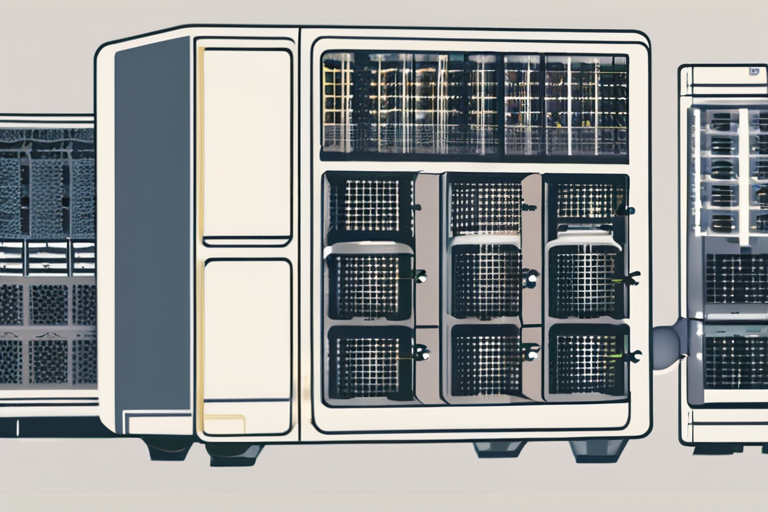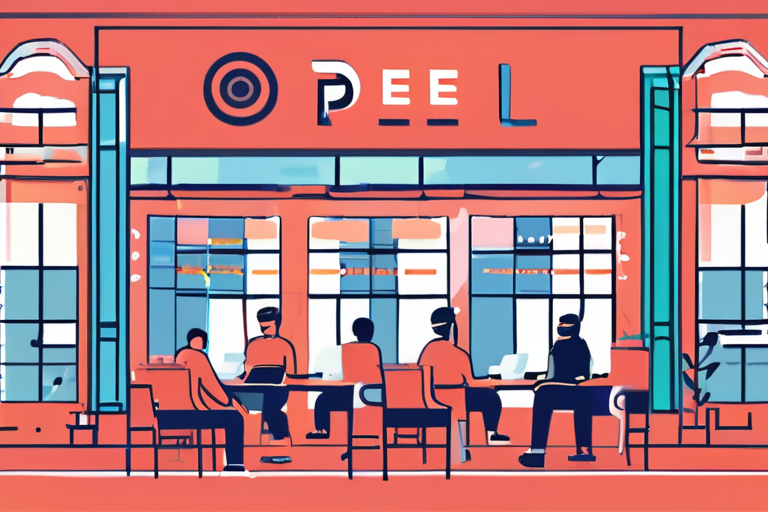Thinking Machines Lab Unveils Breakthrough AI Product After Years of Stealth Development


Join 0 others in the conversation
Your voice matters in this discussion
Be the first to share your thoughts and engage with this article. Your perspective matters!
Discover articles from our community

 Hoppi
Hoppi
 Hoppi
Hoppi
 Hoppi
Hoppi

 Hoppi
Hoppi

 Hoppi
Hoppi

 Hoppi
Hoppi

The AI Revolution: How Dell Technologies is Powering the Next Wave of Artificial Intelligence Imagine a world where artificial intelligence …

Hoppi
The AI Revolution Takes Center Stage: Thinking Machines Partners with OpenAI to Transform APAC In a move that's set to …

Hoppi
The AI Revolution Takes Root in APAC: Thinking Machines and OpenAI Join Forces In a move that's set to revolutionize …

Hoppi

Powering AI at Scale: How Dell Technologies is Revolutionizing the Industry Imagine a world where artificial intelligence (AI) is not …

Hoppi

OpenAI Taps Thinking Machines as First APAC Services Partner to Boost AI Adoption in Region In a move aimed at …

Hoppi

Powering AI at Scale: How Dell Technologies is Revolutionizing the Industry Imagine a world where artificial intelligence (AI) is no …

Hoppi